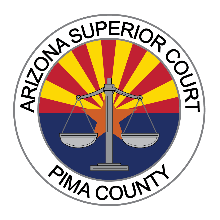Pre-Hearing Conference (PHC)
When does it happen, and why:
The PHC is a meeting held just before the Preliminary Protective Hearing (PPH). It must be scheduled within 5-7 business days after the child’s removal.
The PHC will address three topics:
| ● |
The child’s Placement (where the child will live during this process). |
| |
| ● |
The Services (case plan) that parents must begin. |
| |
| ● |
The Visitation arrangements between the parents and children. |
| |
Agreement reached:
The goal of the PHC is to try to have all parties come to an agreement about the plan for placement, services, and visitation. If there is no agreement, the Judge will make final decisions.
Other topics discussed:
| ● |
An assessment may have been completed on the children called the Rapid Response Assessment. The assessment covers how the child is doing and any recommendations for services that the child may need. |
| |
| ● |
A Child and Family Team (CFT) Meeting is scheduled. This meeting is held monthly to discuss any services that the family may need. |
| |
Who can attend:
Parents, the children, DCS and their attorney, attorneys for the parents and children, placement for the children, and family support.
Preliminary Protective Hearing (PPH)
When does it happen, and why:
The PPH is held just after the PHC. It is the first dependency hearing in the process and is scheduled 5-7 business days after the child’s removal. The Judge will review the placement, services, and visitation that were discussed at the PHC.
If there was no agreement on placement, services, and/or visitation, the Judge will decide how to proceed. The Judge will enter temporary orders for placement, visitation, and services.
Other things accomplished at the PPH:
| ● |
Attorneys will be appointed for qualified parties. The parties in a dependency case are the children, the parents, and any legal guardian. |
| |
| ● |
Parents will enter a plea to the allegations as stated in the petition. |
| |
| ● |
Parents are given a notice of their rights and responsibilities. |
| |
Temporary custody:
If parents believe that there are not sufficient grounds to keep the children out of the home they can ask for a temporary custody hearing.



